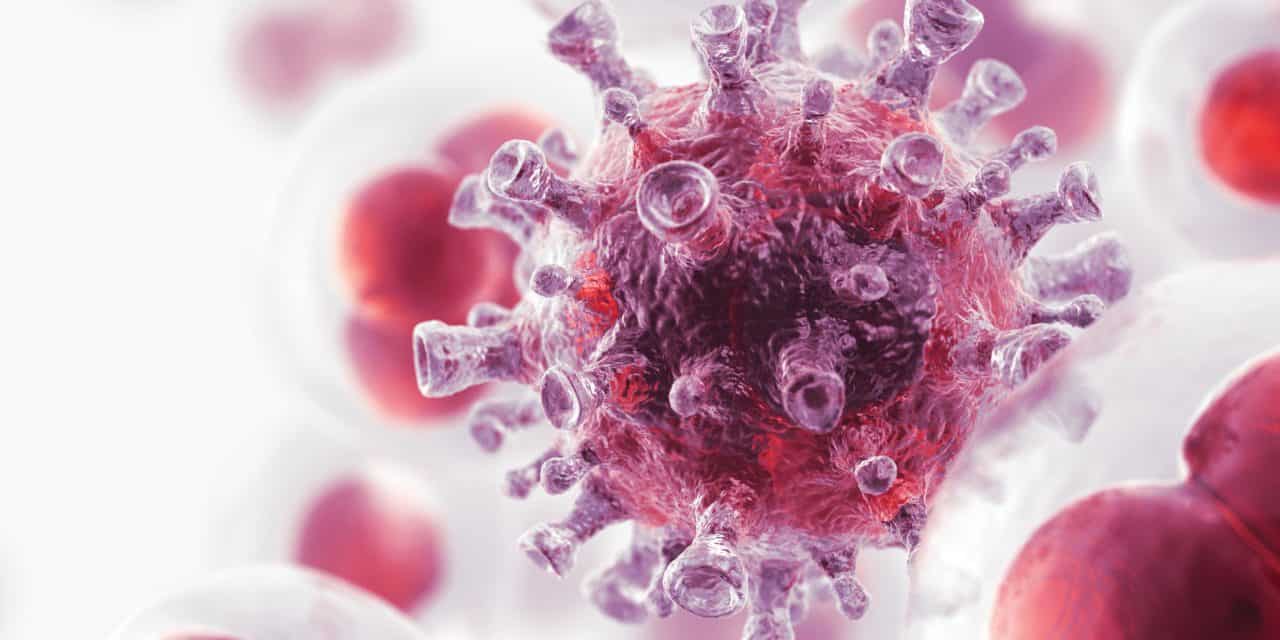Despite recent advances in antiviral therapy for HCV, a proportion of patients with genotype 3 (G3) HCV infection do not respond to current all oral treatment regimens [1,2]. Genomic analyses have identified key polymorphisms correlating with increased resistance to direct-acting antivirals (DAAs). We previously reported that amino acid polymorphisms (A150V and K206E) in the polymerase (NS5B) of G3 HCV reduce response to sofosbuvir. We now demonstrate that these polymorphisms alter the response to interferon alpha.
Quantitative PCR, immunofluorescence, luciferase activity assay, immunoblotting and flow cytometry were used to study the antiviral effect of IFN on DBN G3 HCV-infected cells and genotype 3 HCV replicons.
We show the presence of the A150V polymorphism markedly reduces the response to IFN alpha (IC of S52_WT=1.162IU/ml and IC of S52_A150V=14.45IU/ml, 12.4-fold difference). The induction of interferon-stimulated genes in A150V replicon cells is unaffected but nuclear localization of active PKR is reduced. Blockade of PKR activity reduced the antiviral effect of IFN on wildtype replicon, whereas augmented PKR activation promoted the antiviral effect of IFN on A150V replicons. Furthermore, we show that impaired activation of PKR in A150V replicon cells diminishes cellular apoptosis.
These results demonstrate that polymorphisms reducing response rates to DAAs may function beyond conferring drug resistance by modulating the intrinsic cellular antiviral response.
Copyright © 2020 The Authors. Published by Elsevier Inc. All rights reserved.
The A150V polymorphism of genotype 3 hepatitis C virus polymerase inhibits interferon alfa by suppressing protein kinase R activation.


